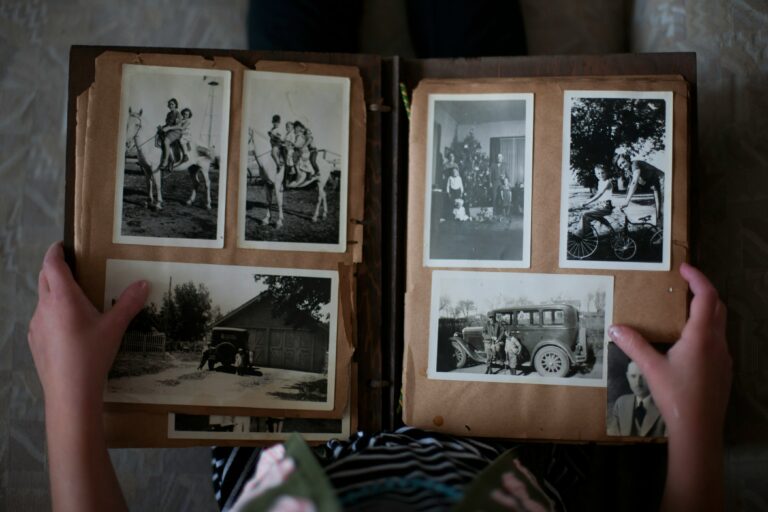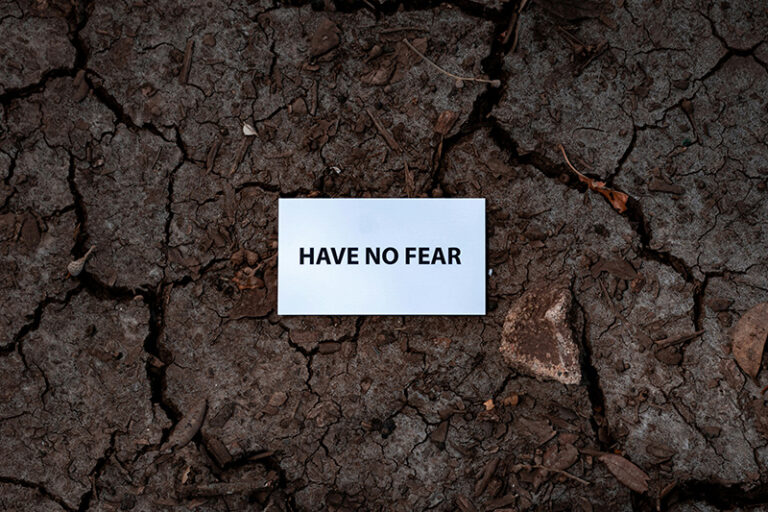Should I Fictionalize My Memoir?
Whether you choose to fictionalize your past or write about it as memoir, write in the narrative form that feels right for you. Here's how to decide which that might be.

Whether you choose to fictionalize your past or write about it as memoir, write in the narrative form that feels right for you. Here's how to decide which that might be.

Frustrated with your writing? Not sure how to move forward? You may need a writing coach!

Afraid to write your memoir? Here are the most common fears — and how to overcome them to tell your story.

Writers looking for a book editor can learn a lot from the documentary "Turn Every Page," about Robert Caro and Robert Gottlieb.

AI is a promising tool for writers. But before you ask a chatbot to assist in writing your book, there are dicey issues you’d be wise to consider first.

If you need help navigating a novel or structuring a memoir, or simply need encouragement, consider working with a writing coach.

Learn where to look for a ghostwriter and what to ask during the interview process to ensure the perfect fit with your project.

Learn how this technique can help you overcome writing block and improve your writing.

When writers show and tell, they do more than just flatly report on what's happened in the narrative line of the story.

A developmental editor can guide you toward a final manuscript that successfully reflects your ideas, insight, and authorial voice.